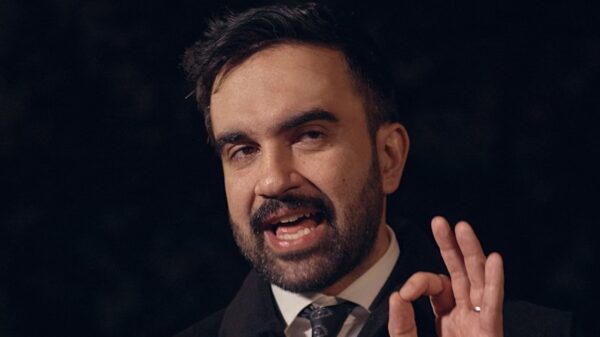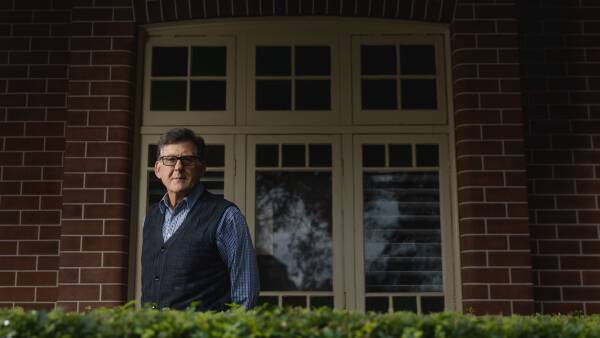After more than 13 years apart, Nepalese refugees Susan and Raj Dahal are struggling to reunite with their two eldest children, a situation described by advocates as a “cruel” consequence of Australia’s family reunification process. Their daughter, Eunice, now 13, and son Saslesh, 18, have lived with their grandparents since the Dahals fled to Australia in 2012. The family has not celebrated a single birthday together during this time.
Susan Dahal expressed the emotional toll of their prolonged separation, stating, “I cry so many times and have so much anxiety.” The couple’s journey began in Nepal, where they faced threats due to Raj’s political involvement. They initially sought refuge in India but ultimately decided to leave their young children behind with Susan’s parents, fearing for their safety. The couple embarked on a perilous journey through Southeast Asia before arriving in Australia.
The Dahals are among approximately 20,400 individuals granted Resolution of Status (RoS) visas, which were introduced in 2023 as a permanent residency pathway for refugees. Despite this progress, the family reunification process has been criticized as cumbersome and unresponsive to the needs of refugees. According to Graham Thom, advocacy coordinator at the Refugee Council of Australia, the family visa process is both expensive and slow, lacking sensitivity to those from refugee backgrounds.
The Dahals submitted their application for family reunification 25 months ago, but Susan feels trapped in a bureaucratic maze, stating, “It feels like nothing has moved.” While she is on the path to citizenship, her primary concern remains the well-being of her children. The family has only been able to visit Eunice and Saslesh once since their departure from India.
The delays have been exacerbated by the Australian government’s exclusion of RoS visa holders from applying for family reunification through the Special Humanitarian Program (SHP). Instead, they must navigate the migration program, which groups them with other applicants from countries like the UK and the US. This classification raises concerns about fairness and accessibility for those with refugee backgrounds.
Susan’s experience highlights the challenges faced by families in similar situations. The Nepalese hospital where her children were born, for instance, has stated that it no longer has birth records, making it difficult for her to provide necessary documentation. In response, the Refugee Council of Australia is advocating for reforms to allow RoS holders to access the SHP and for the migration process to be more flexible and responsive.
In addition to the emotional strain, the Dahals have incurred significant expenses, paying over $5,000 in visa and migration agent fees. Recently, Susan was asked to provide DNA tests for her children, a request that came 22 months after her initial application. The process to arrange this testing in India cost her more than $2,000, adding to her frustration.
Despite these challenges, Susan remains hopeful. She maintains regular contact with Eunice and Saslesh through video calls, expressing her desire to reunite. “They miss us a lot,” she said, reflecting on the emotional toll of their separation. The family has decorated rooms in their Ballarat home in anticipation of Eunice and Saslesh’s eventual arrival, researching high schools and planning a family holiday.
The Australian Department of Home Affairs has not provided clarity on whether it will implement changes to accommodate the unique circumstances of refugees. While the department indicated that it had revoked a directive that previously prioritized family visa processing for boat arrivals, concerns about the processing times remain. As it stands, 90 percent of child visa applications, such as the one submitted by Susan, are processed within 28 months, leaving families like the Dahals in a state of uncertainty.
As they navigate this complex and often frustrating process, the Dahal family holds onto the hope of being reunited after more than a decade apart, dreaming of a future where they can finally celebrate life’s milestones together.



































































